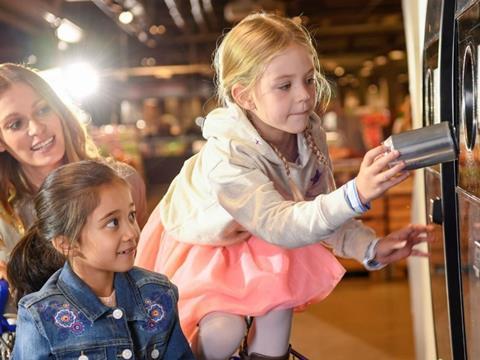
From tomorrow, the Netherlands’ national deposit return system for the recycling of beverage containers will accept aluminium and steel cans in a bid to further stimulate a circular economy, TOMRA reports.
Since July 2022, the system has accepted small plastic bottles in an expansion of its original compatibility with large plastic bottles. Even so, BrightVibes has estimated that 150 million beverage cans leak into the Dutch environment every year, with the pollution rates of aluminium cans said to have raised by 27% in 2020.
As such, the deposit return system, operated by Statiegeld Nederland, is expanding its capabilities to include all metal beverage containers of up to three litres in capacity from 1st April 2023. Consumers can pay an additional deposit of €0.15 when purchasing an eligible drink and will receive it as a refund when they return the packaging to a reverse vending machine at a collection point.
Staffed petrol stations and supermarkets that are larger than 200 square meters are considered mandatory collection points, while cinemas, sports clubs, and other locations can register as voluntary collection points with Statiegeld Nederland. Reverse vending machines are thought to be an easy, efficient, and cost-effective method of collecting containers.
“The expansion of the Netherlands’ deposit return system to aluminium cans means a new type of material will enter the loop and be able to be returned to the circular economy using appropriate recycling processes,” explains Rene Hissink, senior VP Western and Southern Europe at TOMRA Collection. “As a result, the Dutch circular economy as a whole will see a boost.”
With the Dutch soft drinks, water, and beer markets thought to sell over 600 million large plastic bottles, 900 million small plastic bottles, and approximately 2.5 billion cans every year, Statiegeld Nederland aims to take back 90% of deposit-eligible products to clean up the country’s packaging pollution.
According to TOMRA, a similar national deposit return scheme in Slovakia apparently received 820 million returned containers in its first year of operation, exceeding its expected return rate at over 70%.
It also cites functional reverse vending machines as the third most popular consideration amongst European consumers when disposing of empty beverage packaging, with efficiency, environmental benefits, and financial incentives listed as driving factors behind their recycling habits.
If you liked this article, you might also enjoy:
McKinsey on whether or not on-pack sustainability claims affect consumer spending
A deep dive into the most important packaging sustainability trends and solutions

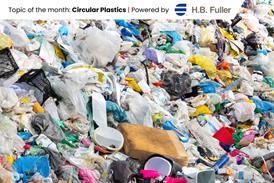
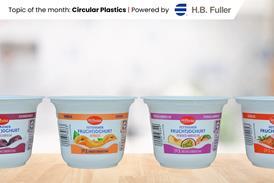




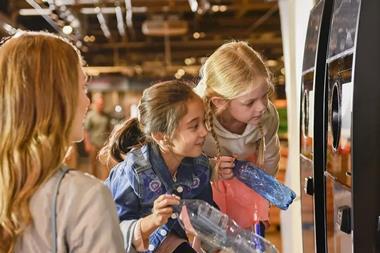
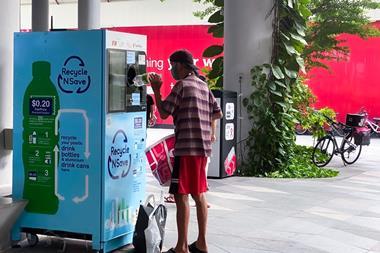
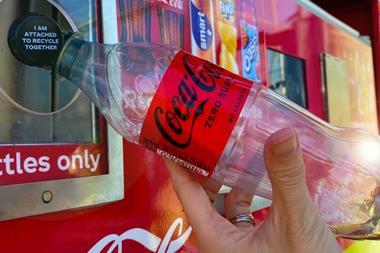
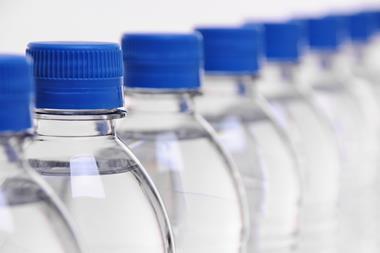

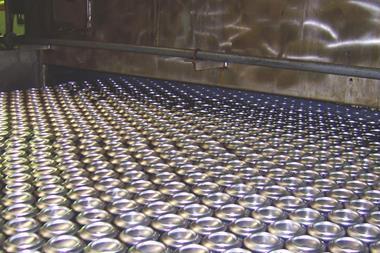
No comments yet